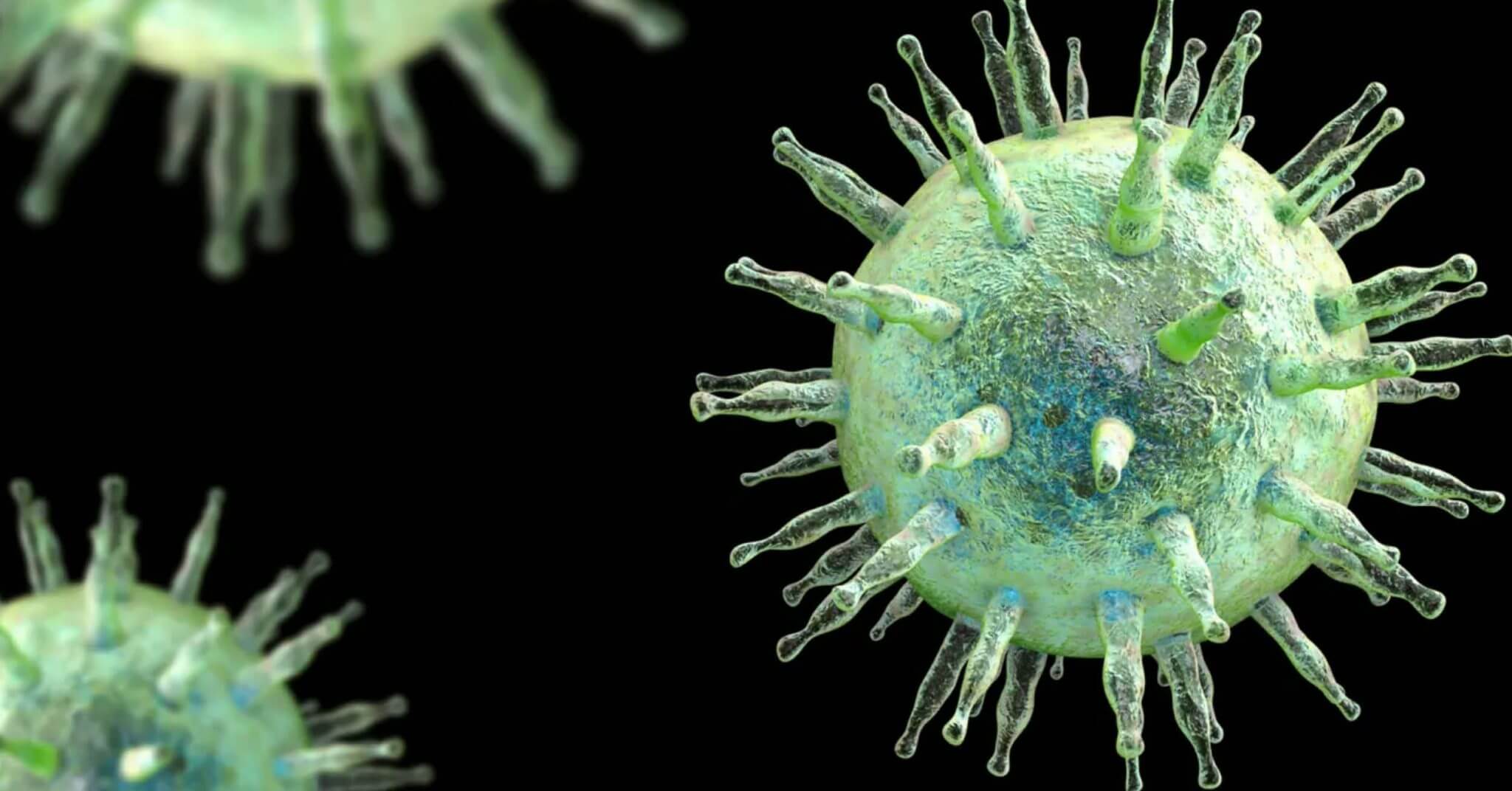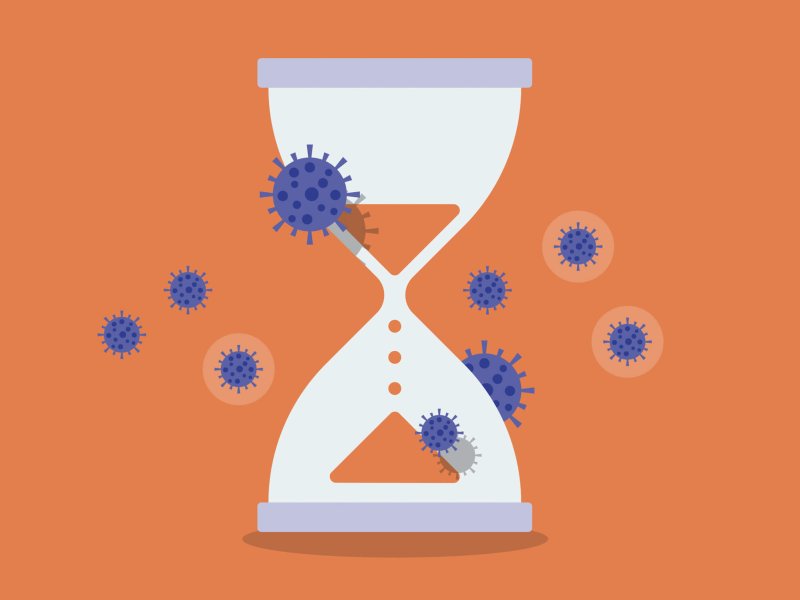In my personal experience, news of this ‘eternal’ COVID was even more frightening than the disease itself. Many of my close friends, all healthy people in their thirties, went from reasonably cautious about COVID-19 to downright terrified of catching it. If a COVID infection could cause many months of draining symptoms in a significant minority of sufferers, it made sense to avoid it at almost any cost.
Others, including myself, were skeptical. A plethora of the described Long COVID symptoms were non-specific, readily attributed to normal aches and pains of life, anxiety, poor diet, lack of sleep, and excess weight. How, I wondered, could people be certain their lasting symptoms were caused by Long COVID when they lacked a verifiable baseline for their problems beforehand? For example, during my own bout with COVID-19 in the fall of 2021, I completely lost my taste and smell. Both senses eventually returned to their prior sensitivities – or did they? I can’t be sure, as I never really thought about them beforehand. How could I possibly compare my pre-COVID senses of taste and smell to my post-COVID senses based on memory with any reliability?
Others, like Jonathan Jarry at McGill University’s Office for Science and Society noticed the same problem.

“If you ask COVID survivors about their long-term symptoms, like fatigue and anxiety, but you don’t compare them to a similar group of people who are not known to have been infected, it becomes harder to separate Long COVID from the burden of living through a pandemic.”
In the few studies where researchers did make the effort to include control groups, the true rates of Long COVID have been found to be very low. For kids, it is “lower even than the odds of getting seriously injured while playing sports,” two infectious disease physicians wrote for Stat. A large study in adults found that “physical symptoms persisting 10 to 12 months after the COVID-19 pandemic first wave may be associated more with the belief in having experienced COVID-19 infection than with actually being infected with the SARS-CoV-2 virus.”
Lending credence to the notion that many cases of Long COVID are more likely attributed to understandable anxiety about the pandemic is the fact that, for up to half of long haulers, their symptoms rapidly improved after vaccination. A physiological mechanism could be at work, but just as likely an explanation is that the vaccine works as a positive placebo against Long COVID.
All of this evidence suggests that the true instances of Long COVID are extremely rare, far below than the ‘one-third’ proportion that’s commonly cited, and predominantly affect people who had more severe cases of COVID-19. For these folks, Long COVID can be genuinely debilitating. They deserve compassion and their condition merits study.
Theories abound to explain the cause of Long COVID, none yet conclusively proven. Bits of the SARS-CoV-2 virus may continue to circulate in sufferers’ bodies. The infection may have reactivated latent Epstein-Barr virus. Chronic inflammation might also be to blame. Or perhaps an autoimmune response is at work in which the body attacks itself. For different people with Long COVID, one or all of these explanations might factor in to their troubles.

As Jarry also wrote, “Long COVID is not the first biological puzzle box to drop from the sky. A disabling, post-infection fatigue lasting six months or more is known to affect a significant minority of people infected by a variety of disease-causing organisms, like dengue virus and Ebola virus.” Some people who catch the tickborne illness Lyme disease are sure that they suffer from chronic symptoms, even though scientists have not been able to tease out a cause for decades and some question Chronic Lyme’s existence.
If there is a silver lining of Long COVID, it’s that studying it could shine a light on post-infection syndromes in general. Anyone who has beaten back a serious disease has earned the right to return to a healthy normal.
Steven “Ross” Pomeroy is Chief Editor of RealClearScience. A zoologist and conservation biologist by training, Ross has nurtured a passion for journalism and writing his entire life. Ross weaves his insatiable curiosity and passion for science into regular posts and articles on RealClearScience’s Newton Blog. Additionally, his work has appeared in Science Now and Scientific American. Follow him on Twitter @SteRoPo
A version of this article was originally posted at Real Clear Science and has been reposted here with permission. Real Clear Science can be found on Twitter @RCScience































